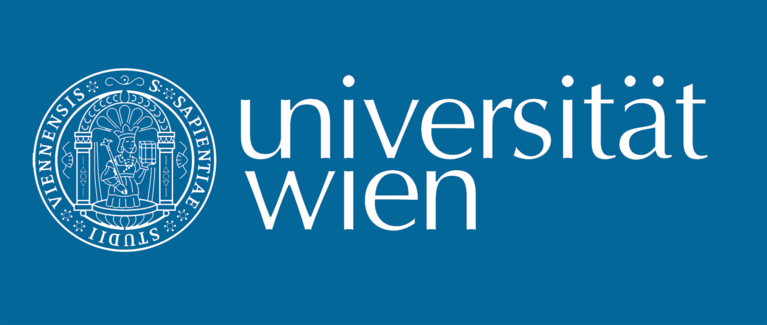Franz Brentano and Austrian Philosophy | International Conference Vienna
Franz Brentano and Austrian Philosophy | International Conference Vienna
Evidence – Intentionality – Phenomenology
It is thanks to the teachings and works of Franz Brentano (1838-1917) in Vienna that Austrian philosophy was able to develop into a structured whole. Coming to Austria in 1874 with the project of founding a philosophical school, Brentano was instrumental in reintroducing Bolzano, the grandfather of Austro-German philosophy, to Austrian philosophers. He trained, or contributed to the training of many generations of Austro-German philosophers - from Carl Stumpf and Anton Marty to Alexius Meinong, Thomas Masaryk, Christian von Ehrenfels, Alois Höfler, Kazimierz Twardowski, Edmund Husserl, as well as Oskar Kraus and Schmuel Hugo Bergmann. Brentano was an acknowledged influence for many philosophers ranging from Stout and Moore to the Vienna Circle and many other philosophers from late 20th and early 21st century.
On the occasion of the centenary of Franz Brentano’s death, the Institute Vienna Circle, together with the FWF Research project ‘Brentano’s descriptive psychology’ and the Canadian Social Sciences and Humanities Research Council (SSHRC), is organizing an international symposium on Brentano’s impact on Austrian philosophy, as the second part of the Franz Brentano Centenary (1917–2017) week starting in Prague. This symposium has two main objectives: a critical reassessment of Brentano’s place in the development of Austrian philosophy at the turn of the 20th century and a reevaluation of the impact and significance of his philosophy of mind or ‘descriptive psychology’, his most important contribution to contemporary philosophy and to the philosophy in Vienna.
Please find more information under
